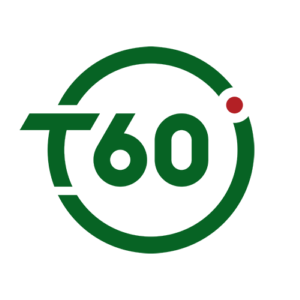Project & Process Management
Structure, Control and Execution at the Core
Effective project and process management is the foundation of successful transformation. It creates clarity, reduces complexity and enables targeted execution – across industries, technologies and organisational models.
T60 stands for operational transformation, not theoretical frameworks. The team brings experience from complex programmes and projects – in industry, the public sector and defence environments. Structure is combined with flexibility, leadership with collaboration, and planning with impact.
Our ambition: not just to design projects and processes, but to make them succeed – with clear governance, measurable outcomes and lasting results.
Our Project & Process Management Portfolio
Our portfolio covers all key areas – from classical project control to agile organisational development:
Project & programme management
Project & programme setup (PMO)
Process analysis & process design
Organisational development & role modelling
Change management & communication
Governance & control frameworks
Service transition & operational handover
IT project control & interface management
KPI definition & performance monitoring
Method advisory (classic, agile, hybrid)
Coaching & team enablement
Interim management & hands-on project leadership
Why T60?
Four Pillars of Effective Project & Process Management
Our approach is built on four core pillars that reflect our operational strength and methodological depth in project and process management.
Project Management
Projects are managed with clear structure, active risk planning and consistent execution. Methodological expertise is combined with operational responsibility – ensuring timelines, quality and impact.
Programme control
Project leadership
PMO (setup)
Service transition
Interim management
Process Management
Processes are designed, developed, documented and optimised – with a focus on efficiency, transparency and scalability. Interfaces are clearly defined, KPIs embedded and operating models tailored to real-world needs.
Process design
Process development
Process documentation
Interface management
KPI systems
Operating models
Agility & Collaboration
Agile collaboration structures are created – with clear roles, iterative methods and high adaptability. Agility is not seen as a method, but as a mindset.
Scrum
SAFe
Hybrid models
Change communication
Team enablement
Methodology & Coaching
Methods are not just applied, but continuously developed – from classical frameworks to modern hybrid approaches. Coaching empowers teams and leaders to shape their roles and grow continuously.
Programme and project setup
Coaching formats,
Method development
Team building
Knowledge management
